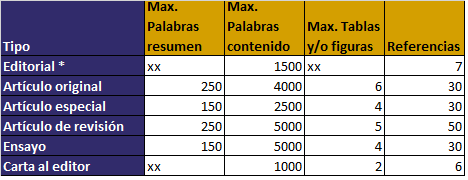Municipal Management and Quality of Public Service in Tingo Maria
DOI:
https://doi.org/10.37711/desafios.2020.11.1.138Keywords:
municipal administration, democratic governance, services and projects, quality of public serviceAbstract
Objective. To analyze the way in which municipal administration is related to the quality of public service in Provincial Municipality of Tingo Maria, 2019. Methods. The research level was relational, while the non-experimental design was cross-sectional. An opinion questionnaire was applied to know the behavior of the study variables in the users of said municipality. Results. The evaluation of municipal administration yielded a result of 35% "fair", 23% "good", 18% "excellent", 17% "bad" and 8% "lousy". For its part, the quality of the public service yielded a result of 31% "fair", 25% "good", 20% "bad", 14% "terrible" and 11% "excellent". Regarding Pearson's correlation, a value of 0.575 was obtained and the significance of p <= 0.000; demonstrating relationship between municipal administration and the quality of public service. Likewise, the results in the specific hypotheses were: in the first hypothesis, Pearson correlation of 0.488 and the significance of p <= 0.000 were contrasted. In the second hypothesis, a Pearson correlation of 0.542 and a significance of p <= 0.000 were corroborated. Conclusion. There is a significant relationship between municipal administration and the quality of public service in the Provincial Municipality of Leoncio Prado
Downloads
Downloads
Published
How to Cite
Issue
Section
License
Copyright (c) 2021 Desafios

This work is licensed under a Creative Commons Attribution 4.0 International License.
a. Los autores conservan los derechos de propiedad intelectual (copyright) de las obras publicadas, cediendole a la revista el derecho de primera publicación.
b. Los autores retienen sus derechos de marca y patente, y también sobre cualquier proceso o procedimiento descrito en el artículo.
c. Los autores retienen el derecho de compartir, copiar, distribuir, ejecutar y comunicar públicamente el artículo publicado en la RD (por ejemplo, colocarlo en un repositorio institucional o publicarlo en un libro), con un reconocimiento de su publicación inicial en la RD.
d. Los autores retienen el derecho a hacer una posterior publicación de su trabajo, de utilizar el artículo o cualquier parte de aquel (por ejemplo: una compilación de sus trabajos, notas para conferencias, tesis, o para un libro), siempre que indiquen la fuente de publicación (autores del trabajo, revista, volumen, número y fecha).
























